News
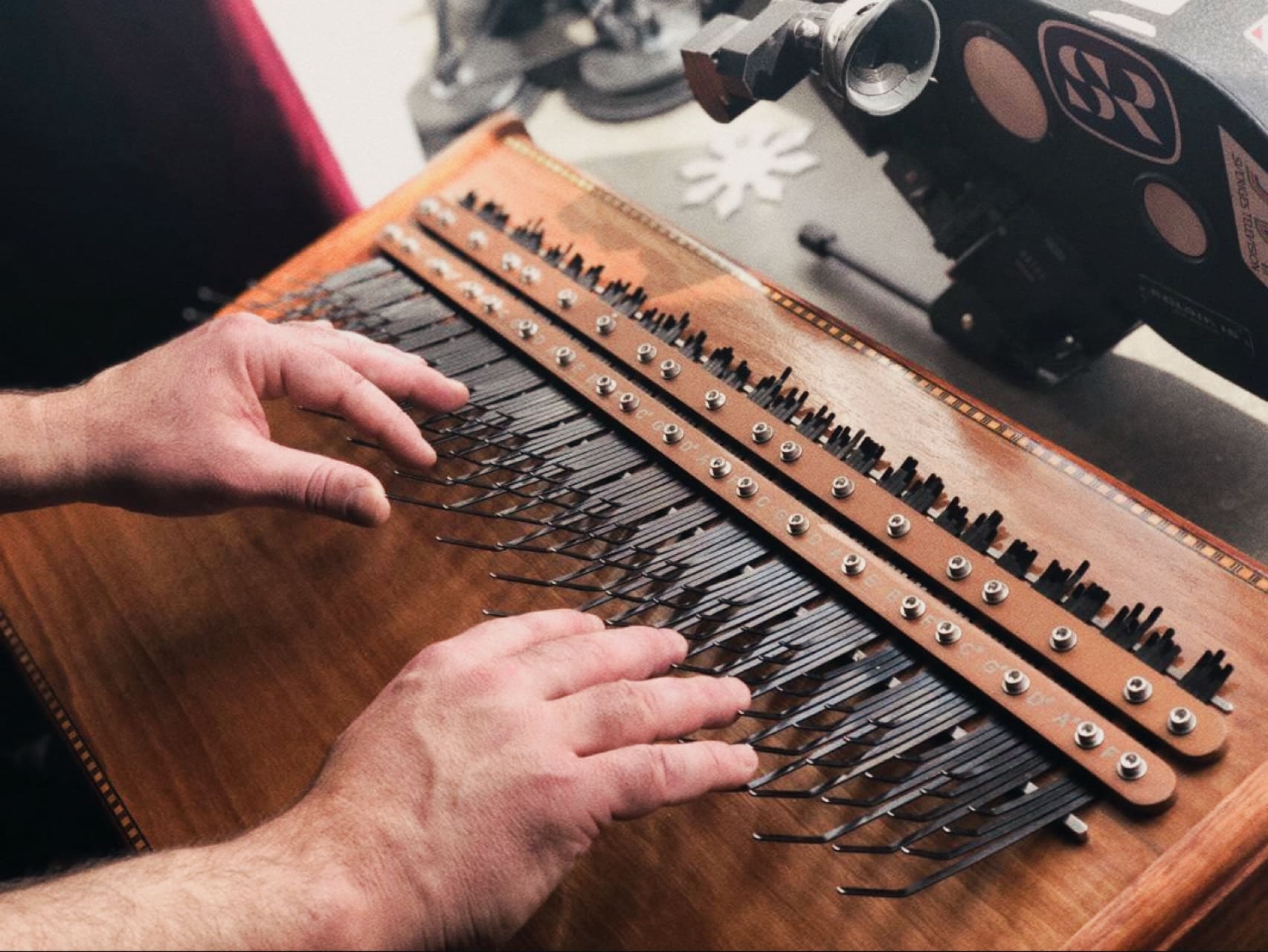
Commissioned Compositions
Music has been a central part of my professional life from an early age. At 15, I received my first commission from the Swedish Public Service Broadcasting Company (SVT), setting the course for a career in composition that would take me across film, television, radiotheatre, dance, and theatre. Over the years, I’ve had the privilege of composing music for a wide range of productions — from intimate stage plays to large-scale screen projects — collaborating with institutions such as the Royal Dramatic Theatre (Dramaten), Stockholm City Theatre, Strindbergs Intima Teater, Dansens Hus, the BBC, SVT and Zentropa. Below is a selection of productions that I’ve had the honour of composing for.
The PlaysMusic for Theatre
Dramaten - The Royal Dramatic Theatre
Expressen: "Alfons Karabuda's sorrowful, thriller-like musical score creates a stage, a fortress full of beauty and terror." THE DEATH OF TINTAGILES by Maurice Maeterlinck Translation: Maria Björkmark Concept and Direction: Wilhelm Carlsson Set and Costume Design: Marcus Olsson Music: Alfons Karabuda Cast: Stina Ekblad, Lena Endre, Erik Ehn, Nina Fex, Sofia Pekkari, Maria Salomaa, Nadja Weiss
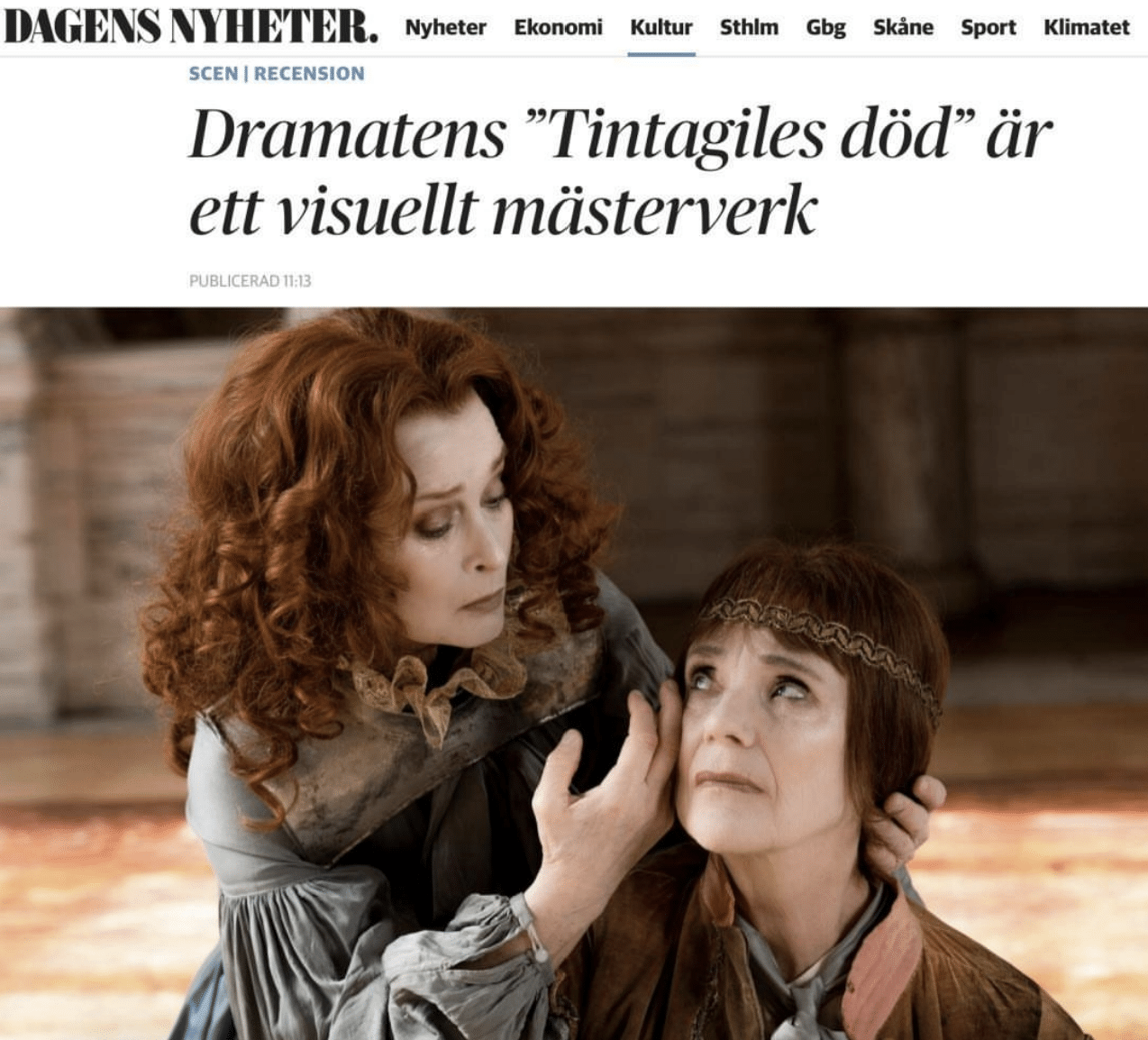
Above you’ll find the final moments of the play Tintagiles’ Death for the Royal Dramatic Theatre of Sweden, featuring its main theme that I composed on the very special instrument, the Array Mbira. The Array Mbira is a handcrafted modern instrument with a unique harp- or bell-like sound, created by inventor Bill Wesley. It is a radical redesign of the traditional Shona mbira from Zimbabwe and belongs to the lamellaphone family. Click play above and make sure your sound is on.
Alfons

The Great Highway - Kulturhuset Stadsteatern (Stockholm City Theatre)
"Alfons Karabuda's sensitive music accentuates the moods of the performance. The Hunter, exceptionally portrayed by Anders Ahlbom Rosendahl, meets the Wanderer (Ulf Brunnberg)" in STRINDBERG’S FINAL PLAY – A POETIC RECONCILIATION WITH LIFE.
Partage de Midi - Kulturhuset Stadsteatern (Stockholm City Theatre)
The lyrical language of Partage de midi (1906; “Break of Noon”), by Paul Claudel, transformed an adulterous love affair into participation in the divine Passion.


Toten Insel - Strindbergs Intima Teater (Stockholm City Theatre)
Strindberg’s Unfinished Path to Reconciliation. In this version of Toten-Insel, we meet a man who sets out to redeem a deceased friend but instead comes face to face with his old hatred toward him. In the struggle for or against redemption, Toten-Insel unfolds in a sea of contempt and hatred, but also toward a dawn where life and friendship can be seen in the light of reconciliation.
The FilmsMusic for Film & TV






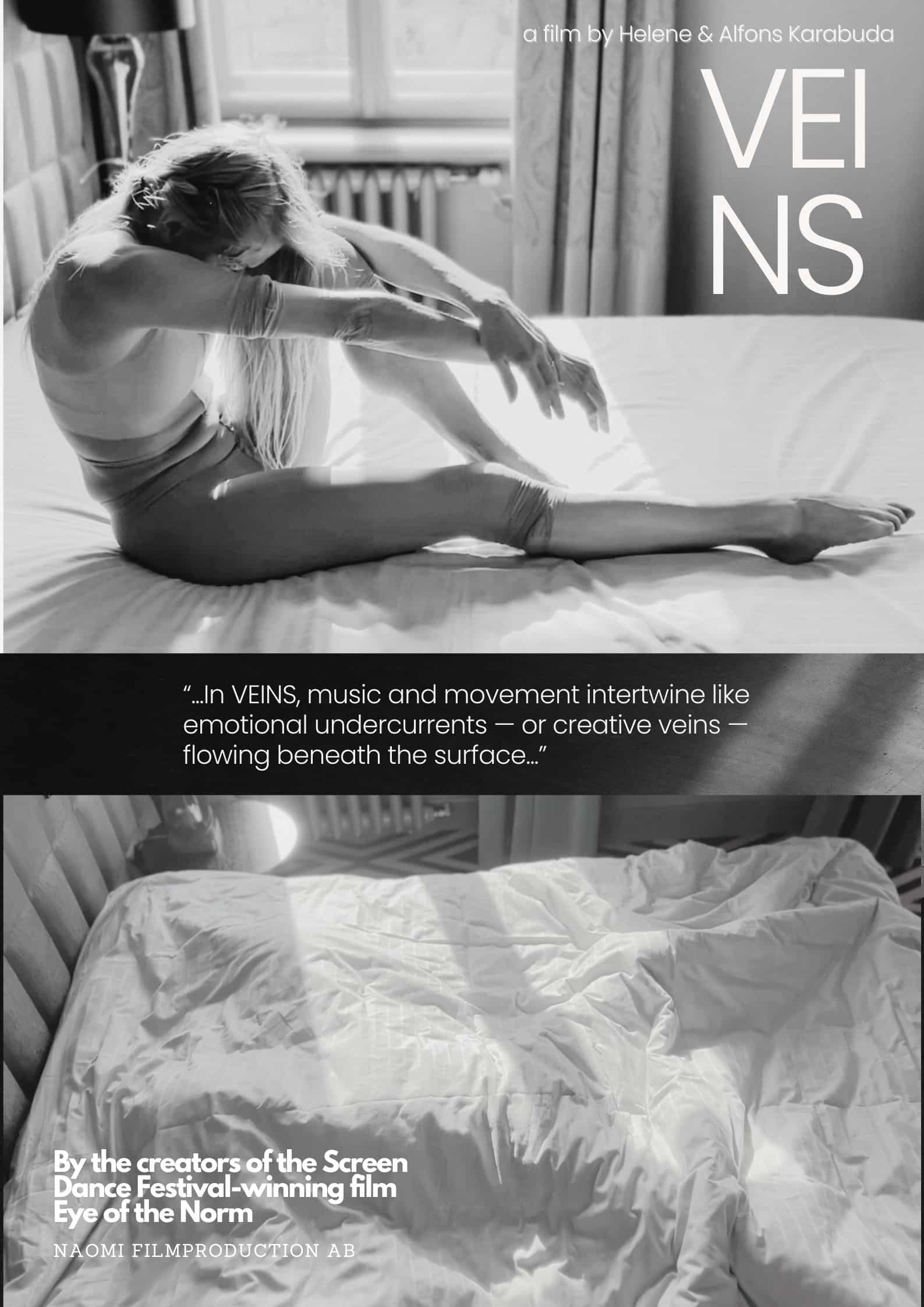

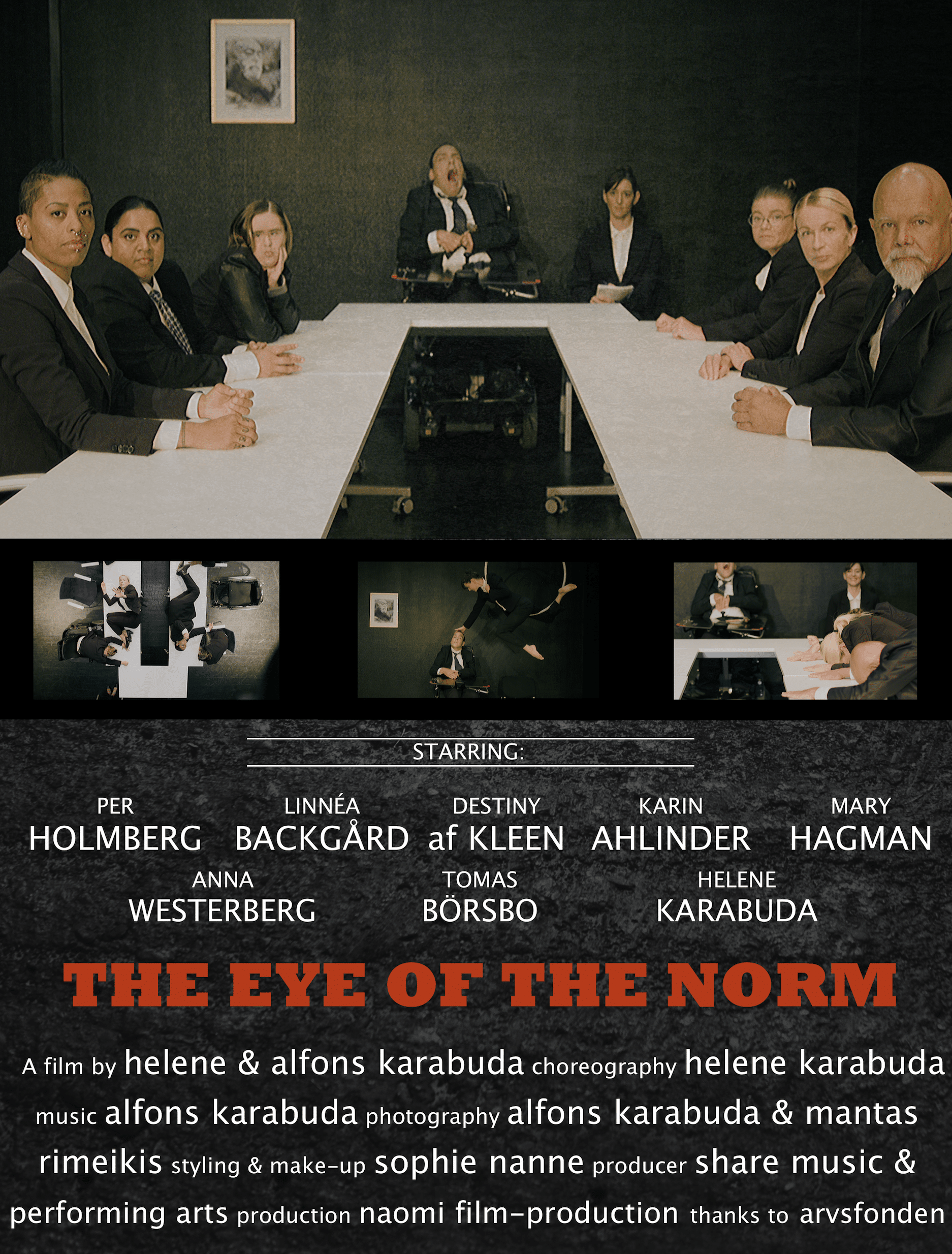

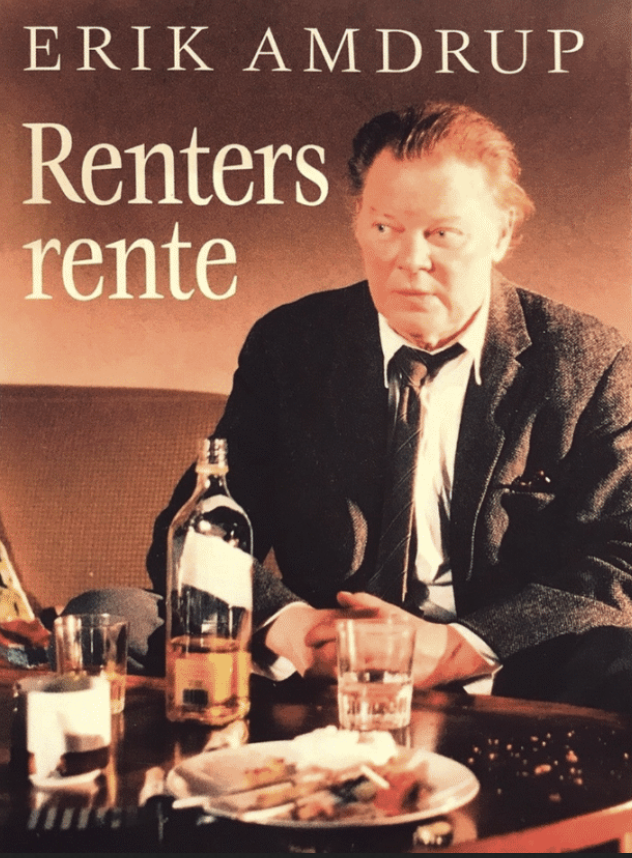

RadiotheatreMusic radio plays, several of which have been awarded international prizes such as the Prix Nordica, Prix Ex Aequo, and the public broadcasting Ikaros Prize
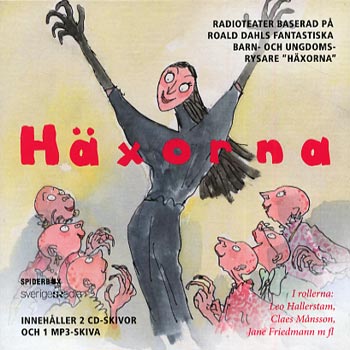
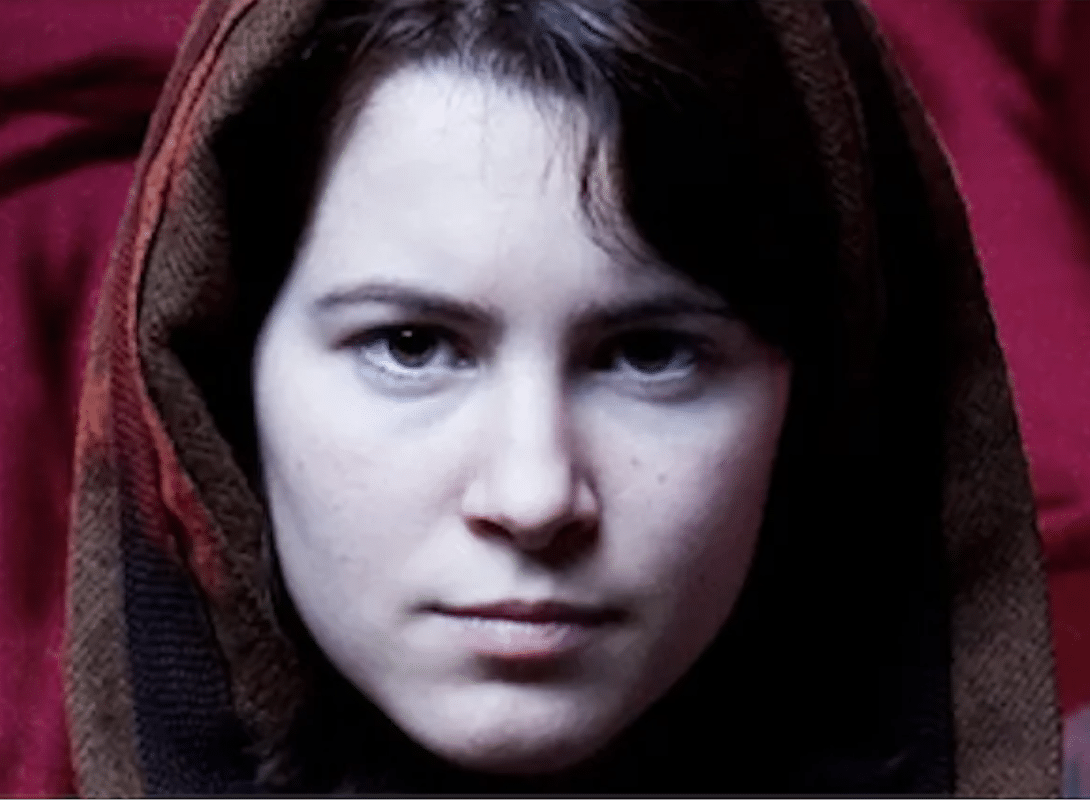
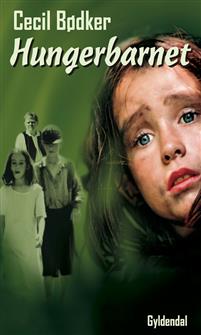
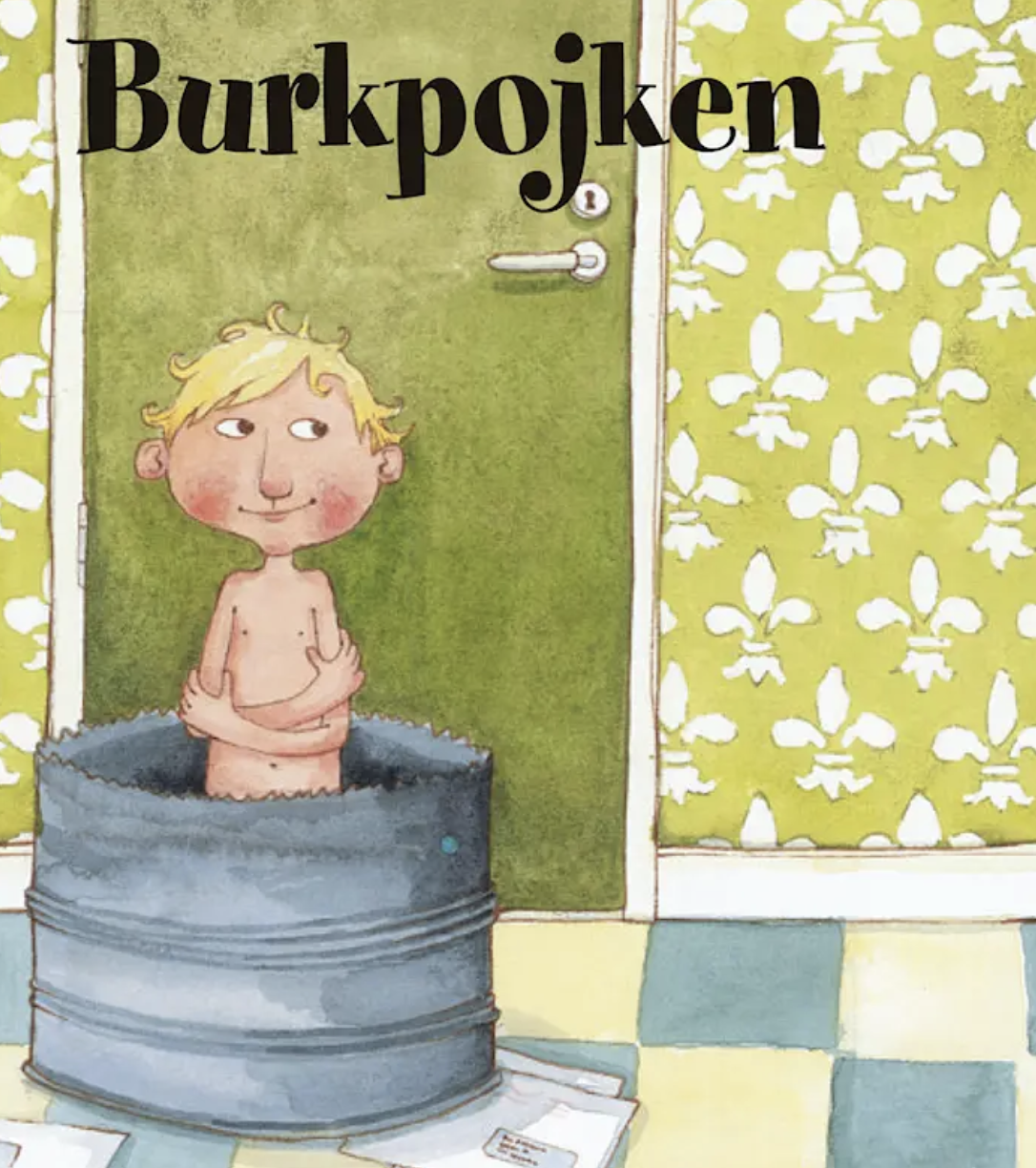
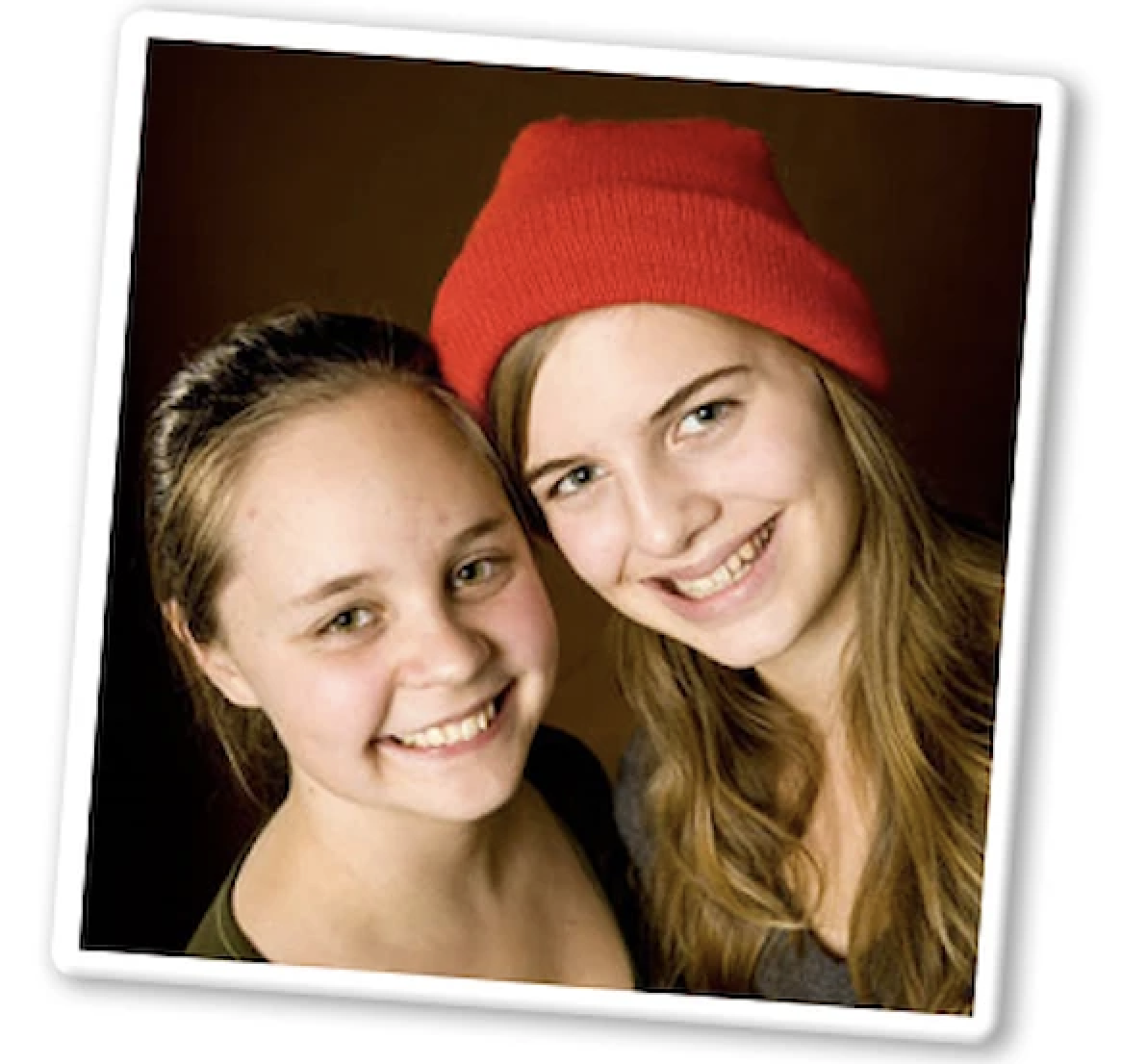
Dance Music for Dance Perfomance
Ki-O-Ku - Dansens Hus
DN: “The music, specially composed by Alfons Karabuda, forms a menacing backdrop.” That the Japanese choreographer Satoshi Kudo is trained in martial arts and film stunt techniques is clearly evident in the dance piece “Ki-O-Ku.” Satoshi Kudo’s philosophy is based on the idea that we all have a hidden personality within our bodies—one that he seeks to bring forth through his choreography. But finding “the dancer behind the dance” is not entirely easy in “Ki-O-Ku.” Especially Kudo’s own spectacular, martial arts-inspired movements expand my belief in what is possible: it seems as though gravity is suspended and an almighty hand hurls and drops the helpless body at will.





















